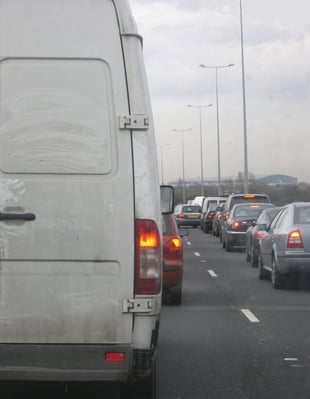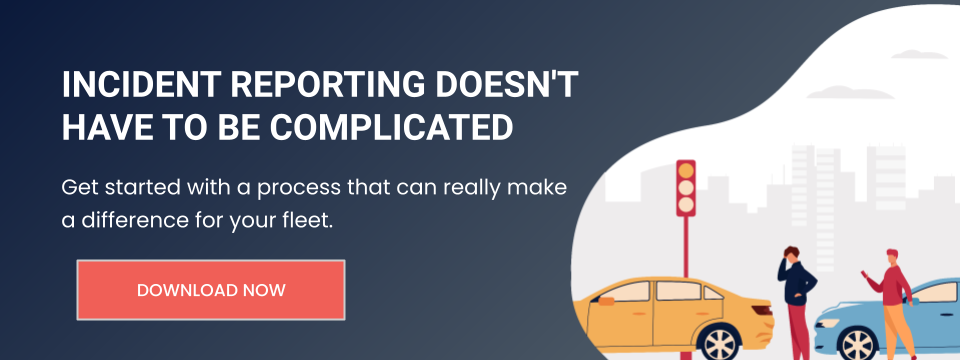
Business Vans: The Vans Website posted a blog in February referring to AXA Business Insurance statistics: van drivers are 50% more likely to be involved in a collision caused by tailgating or following too closely behind another vehicle.
According to police statistics, van drivers are also more prone to driver fatigue than other motorists, which is exacerbated by the fact that driving a van is more difficult due to its laden weight, more restricted road visibility for its drivers, and the vehicle's, often larger dimensions.
Vans are more heavily laden than cars, meaning that when a van applies its brakes, it can take up to four times longer to stop. Furthermore, accidents caused by tailgating can be significantly more dangerous for van drivers.
During daylight, on good, dry roads with low traffic volume, you can ensure you are a safe distance from the car ahead of you by following the "three-second rule." (The distance changes at different speeds.)
If you are unsure how to determine the right following distance, follow the three-second rule. First, select a fixed object on the road ahead, such as a sign, tree, or overpass. When the vehicle ahead of you passes the object, slowly count to yourself "one one thousand, two one thousand, three one thousand." If you reach the object before completing the count, you are following too closely.
Making sure there are three seconds between you and the car ahead gives you enough time and distance to respond to any problems directly in front of you.
If you are a victim of a tailgater, do not try to "teach him a lesson" or react aggressively to his/her attitude. It might be wiser to adopt a submissive style rather than try to "fight fire with fire"; change lanes if possible to let him pass, for example, or—if it is convenient and safe to do so—try to encourage the tailgater to overtake by slowing down, stopping, or even turning off at the next opportunity. This might seem like you are allowing yourself to be bullied, but there are no winners in a car crash.





